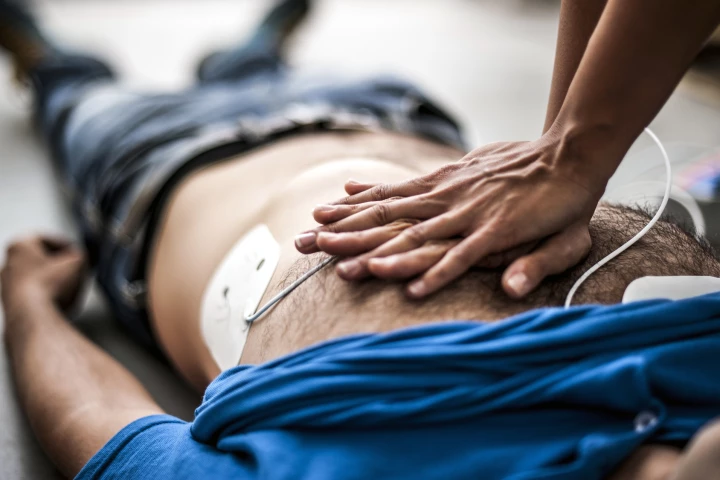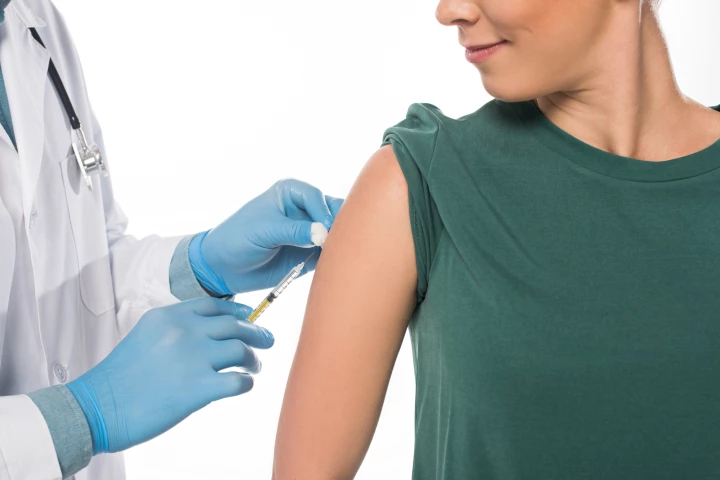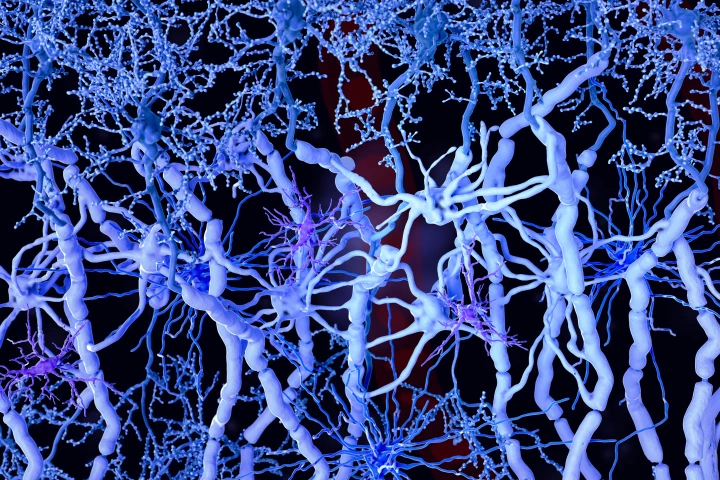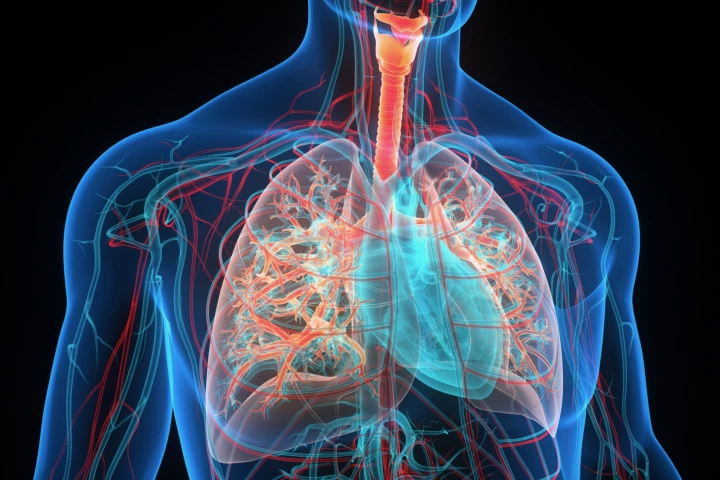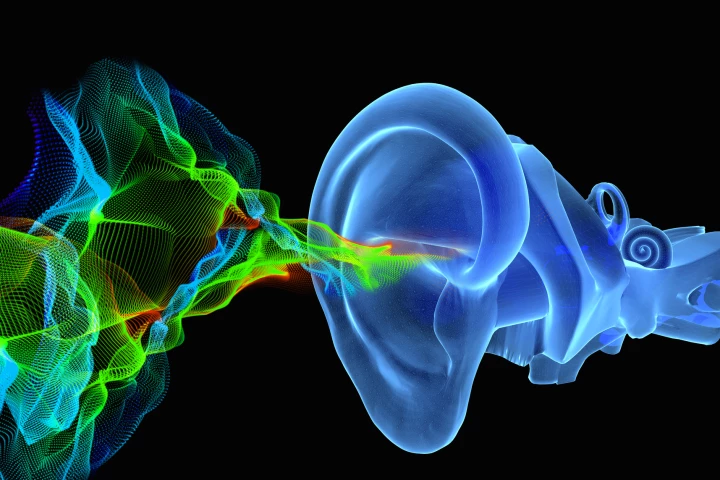Oregon Health and Science University
-
Scientists at Oregon Health and Science University (OHSU) have developed a new blood test for pancreatic cancer, one of the most deadly forms of the disease. Tests showed up to 85% accuracy in detection, even in early stages.
-
Placing defibrillator pads on the chest and back, rather than the usual method of putting two on the chest, increases the odds of surviving an out-of-hospital cardiac arrest by more than two-and-a-half times, according to a new study.
-
Researchers found that getting a multidose vaccine in different arms may improve the body’s immune response to the vaccine by up to four-fold. While they exclusively looked at the COVID-19 vaccine, they suspect this effect may be seen with others.
-
Using the neuroimaging data of nearly 12,000 participants, researchers have confirmed there is a critical need for taking a ‘whole brain approach’ when diagnosing, researching and treating attention-deficit hyperactivity disorder (ADHD).
-
Scientists have discovered how a unique kind of cell death, due to iron toxicity, creates a snowball effect that advances cognitive decline. With this finding, a whole new approach to treatment could be developed.
-
The standard for storing lungs for transplant procedures has been to pack them in ice in coolers and rush them to the surgery site. But researchers have found that a warmer temperature can dramatically improve the time during which they stay viable.
-
In addition to causing health problems, injury and death, excessive use of alcohol harms individuals, families, and society. A new study found that an anti-inflammatory medication used to treat psoriasis might effectively combat problem drinking.
-
In what’s described as a breakthrough decades in the making, scientists at Oregon State Health & Science University (OHSU) have revealed the inner ear architecture that converts vibrations into sound, in near-atomic detail.
-
More and more, we're hearing about scaffolding-like materials that are used to help heal bone injuries. A new one is claimed to be particularly versatile, as it's inspired by Lego building blocks.
-
The CRISPR gene-editing tool has been used inside the human body for the first time. In a new clinical trial, scientists at Oregon Health and Science University are testing the technique as a treatment for a genetic mutation that causes blindness.
-
We're seeing an increasing number of organ-on-a-chip devices, in which small pieces of living biological tissue are used to replicate the functions of actual organs. Now, scientists have created a tooth-on-a-chip, which mimics a tooth with a cavity.
-
In MS, the immune system attacks and damages myelin, which is the insulation on nerves in the spinal cord, brain and optic nerve. This causes the nerves to short-circuit. In "a potential game-changer," scientists have now demonstrated that a synthetic molecule can restore compromised myelin.
Load More

